Liver
The liver is one of the largest and most vital organs in the human body, weighing approximately 3 pounds and located in the upper right abdomen. It performs a wide range of essential functions that are critical for maintaining overall health. The liver is involved in detoxifying harmful substances, metabolizing nutrients, producing bile for digestion, and synthesizing important proteins, including those needed for blood clotting and immune function.
The liver plays several crucial roles in the body’s metabolic processes. It converts excess glucose into glycogen for storage, releases glucose into the bloodstream when needed, and helps in the digestion and absorption of fats by producing bile. The liver also processes nutrients absorbed from the digestive tract and transforms ammonia, a toxic byproduct of protein metabolism, into urea for excretion. Additionally, it plays a key role in regulating cholesterol levels and synthesizing various hormones.
Maintaining liver health is essential for overall well-being. The liver has a remarkable ability to regenerate, but it can be damaged by factors such as excessive alcohol consumption, poor diet, and viral infections. Prioritizing a healthy lifestyle, including a balanced diet, regular exercise, and avoiding harmful substances, can help support liver function. Regular check-ups and awareness of liver health are important for preventing potential issues and ensuring the liver continues to perform its vital functions effectively













